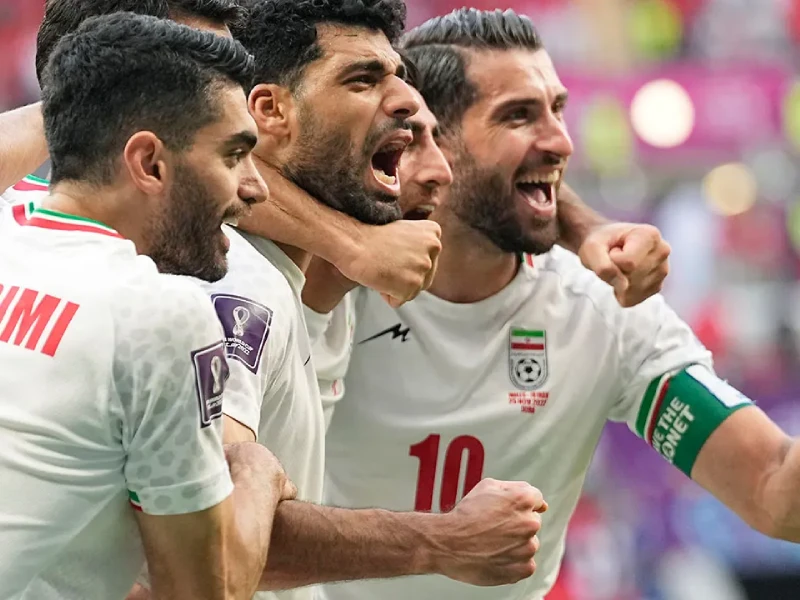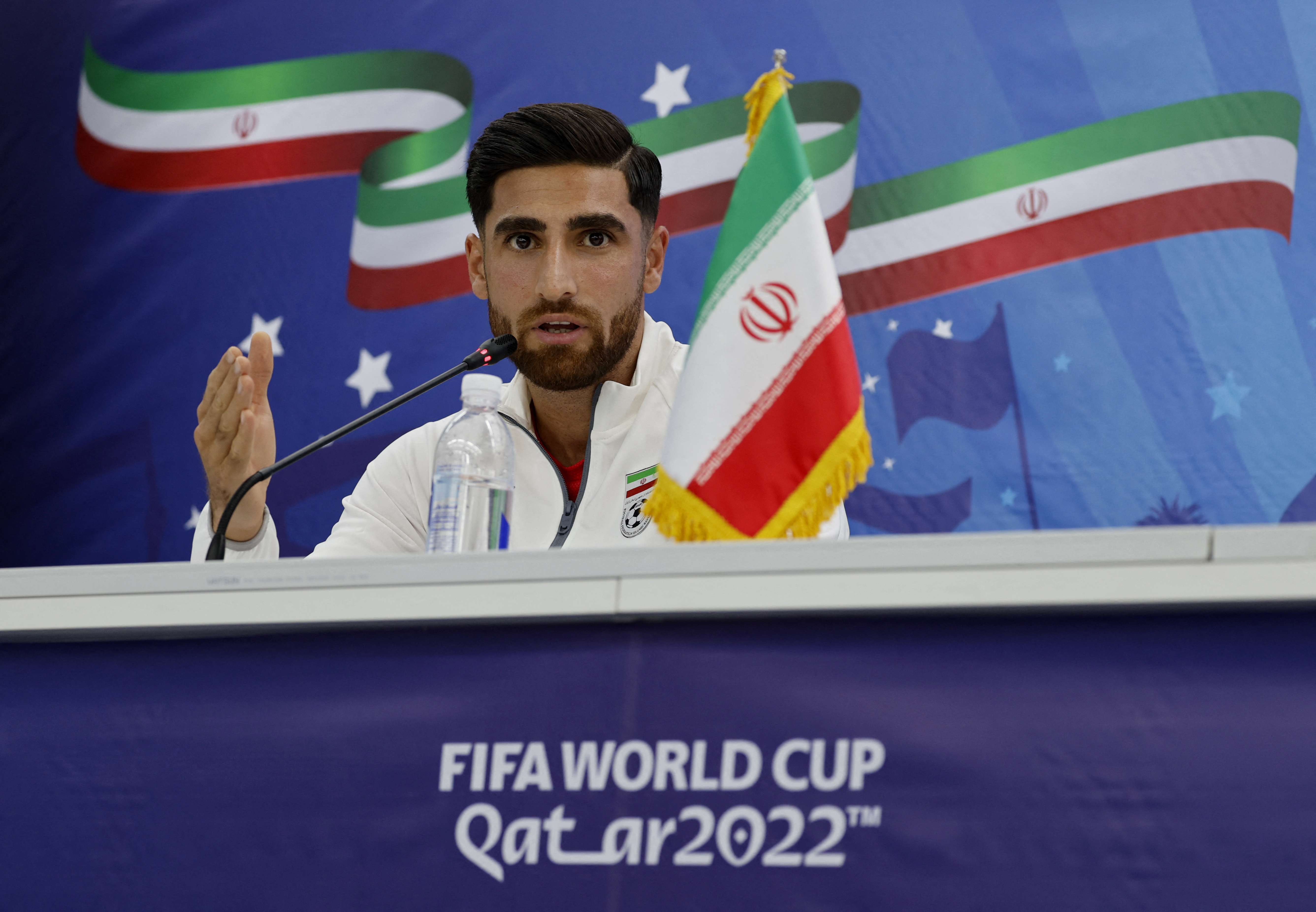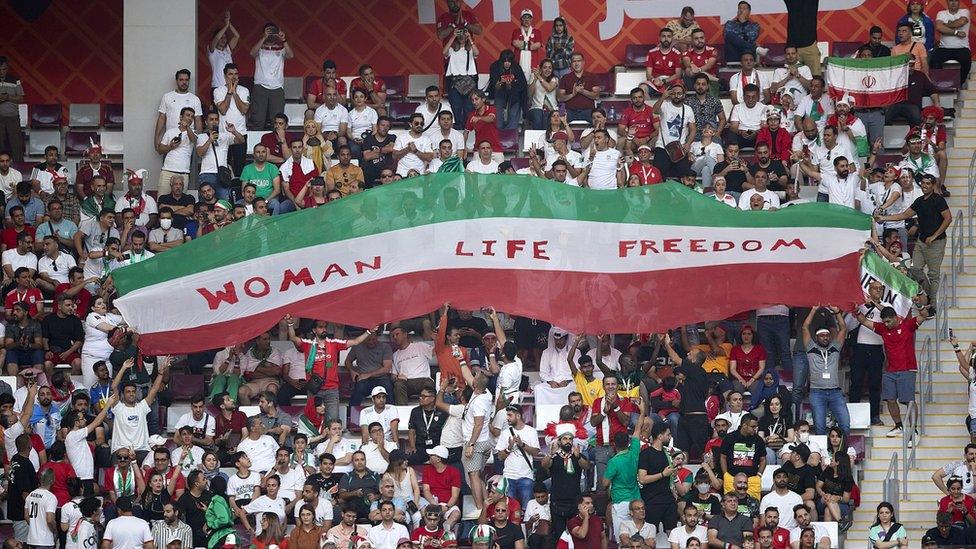
Iran's World Cup Qualification: A Reflection of Societal Divisions
Iran's national football team, Team Melli, recently qualified for the 2026 FIFA World Cup with a pivotal draw against Uzbekistan. In the annals of Iranian football history, such an achievement would typically ignite celebrations across the nation, with fans flooding the streets to express their joy and pride. However, this time, the public's reaction was notably subdued, a reflection of the deep societal and political divisions that have surfaced in Iran over the past year.

The muted response to Team Melli's qualification is emblematic of a growing disconnect between the football team and the Iranian populace. Journalist Mohammad Parsi captured this sentiment, stating, "The national football team qualified for the World Cup, but there was no enthusiasm in the public sphere or on social media." What once served as a unifying spectacle for the country has transformed into an event that feels increasingly insignificant to many Iranians.
Political Climate and Public Sentiment
The roots of this apathy can be traced back to the political climate following the “Woman, Life, Freedom” protests that erupted in 2022. Triggered by the tragic death of Mahsa Amini, a young woman who died while in police custody for allegedly violating Iran's strict hijab laws, these protests ignited widespread discontent about the government and its policies. The social unrest surrounding these protests has overshadowed traditional sources of national pride, including football.
Football has long been the most popular sport in Iran, providing a platform for unity and collective joy. Yet, the political landscape has shifted dramatically, leaving many to question the efficacy of the national team as a source of pride. Iranians express feelings of disillusionment, suggesting that the footballing success of Team Melli is no longer a reflection of their aspirations or identity.

In an atmosphere thick with political tension, football has become a mirror reflecting the fractures within Iranian society. The disconnection between the government, its institutions, and the populace has led to a sense of detachment from national achievements. According to various reports, including from Iran International, the usual jubilation was notably absent this time, as many citizens chose to remain silent rather than celebrate.
Football as a Reflection of Society
The historical significance of football in Iran cannot be overstated. It has been a powerful tool for national pride, often celebrated at times of political uncertainty and social upheaval. However, Team Melli's recent qualification serves as a reminder that football cannot exist in a vacuum; it is inextricably linked to the nation's political and social dynamics.
Despite the lack of enthusiasm from the public, Team Melli continues to perform on the international stage. Their qualification for the World Cup signifies not just an athletic achievement but also a potential opportunity for unity. However, overcoming the societal divisions that plague the nation will require more than just success on the pitch.
The Future of National Pride
As Iran prepares for the World Cup, the question looms: Can football once again become a unifying force for the Iranian people? Events in the coming months will be critical in determining whether the national football team can reconnect with the citizens of Iran and restore a sense of collective pride.
Football clubs and governing bodies will need to engage with the public to rebuild trust and foster a renewed passion for the sport. Initiatives that promote inclusiveness and accessibility could serve as the first steps toward healing the rift between the players and their supporters.

In conclusion, while Team Melli's journey to the 2026 FIFA World Cup is a noteworthy achievement, the muted response from the Iranian public underscores a broader societal disconnection. The relationship between the team and the populace has been strained by political and social upheaval, prompting many to question the relevance of national pride in the face of such adversity. The future of football in Iran, and its role in fostering unity, hinges on the ability to bridge these divides and reinvigorate a sense of collective identity among its supporters.
As the World Cup approaches, all eyes will be on Iran—not just to see how Team Melli performs, but to witness whether football can reclaim its place as a beacon of hope amid the ongoing societal challenges.